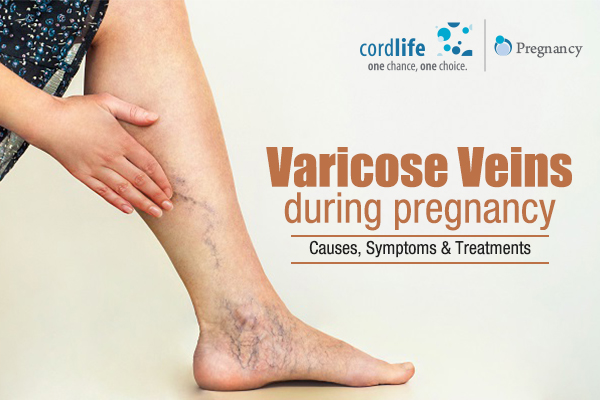
Varicose Veins During Pregnancy: Symptoms, Causes, and Treatment
Varicose veins are swollen, enlarged veins that can occur anywhere in the body, but they are most common in the legs. They are caused by a buildup of blood in the veins, which can happen for a variety of reasons. During pregnancy, varicose veins are common due to the increased blood volume and pressure in the body.
Symptoms of Varicose Veins During Pregnancy
The symptoms of varicose veins during pregnancy can vary depending on the severity of the condition. Some women may only experience mild symptoms, such as:
- Aching or throbbing in the legs
- Swelling in the legs and ankles
- Itching or burning sensation in the legs
- Visible blue or purple veins on the legs
Other women may experience more severe symptoms, such as:
- Painful cramps in the legs
- Skin discoloration or thickening around the veins
- Open sores or ulcers on the legs
Causes of Varicose Veins During Pregnancy
There are a number of factors that can contribute to the development of varicose veins during pregnancy, including:
- Increased blood volume: During pregnancy, the body’s blood volume increases by about 50%. This increased blood volume can put pressure on the veins, causing them to become swollen and enlarged.
- Hormonal changes: The hormonal changes that occur during pregnancy can also contribute to the development of varicose veins. These hormones can cause the veins to relax and widen, which can lead to blood pooling in the veins.
- Weight gain: Weight gain during pregnancy can also put pressure on the veins in the legs, increasing the risk of varicose veins.
- Family history: Women who have a family history of varicose veins are more likely to develop them during pregnancy.
Treatment for Varicose Veins During Pregnancy
There is no cure for varicose veins, but there are a number of treatments that can help to relieve the symptoms. These treatments include:
- Elevation: Elevating the legs can help to reduce swelling and pain in the legs.
- Compression stockings: Compression stockings can help to improve circulation in the legs and reduce swelling.
- Exercise: Exercise can help to strengthen the muscles in the legs and improve circulation.
- Weight loss: If you are overweight or obese, losing weight can help to reduce the pressure on the veins in the legs.
- Medications: In some cases, your doctor may prescribe medications to help relieve the symptoms of varicose veins.
Preventing Varicose Veins During Pregnancy
There is no sure way to prevent varicose veins during pregnancy, but there are a few things you can do to reduce your risk, such as:
- Maintain a healthy weight: If you are overweight or obese, losing weight can help to reduce the pressure on the veins in your legs.
- Exercise regularly: Exercise can help to strengthen the muscles in your legs and improve circulation.
- Avoid standing or sitting for long periods of time: If you have to stand or sit for long periods of time, try to take breaks to walk around or elevate your legs.
- Wear compression stockings: Compression stockings can help to improve circulation in the legs and reduce swelling.
When to See a Doctor
If you are experiencing symptoms of varicose veins during pregnancy, it is important to see your doctor. Your doctor can diagnose varicose veins and recommend the best treatment options for you.
Complications of Varicose Veins During Pregnancy
In most cases, varicose veins during pregnancy are not a serious medical condition. However, in some cases, varicose veins can lead to complications, such as:
- Blood clots: Blood clots can form in varicose veins, which can be dangerous if they travel to the lungs or heart.
- Skin ulcers: Varicose veins can cause skin ulcers to develop on the legs. These ulcers can be painful and difficult to heal.
- Infection: Varicose veins can become infected, which can lead to serious health problems.
If you are experiencing any of the complications of varicose veins during pregnancy, it is important to see your doctor right away.